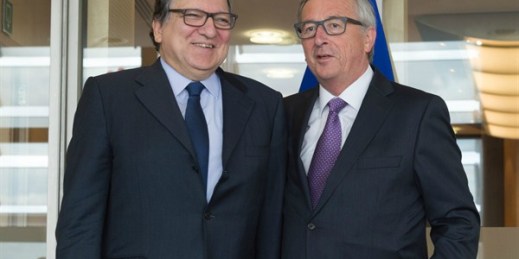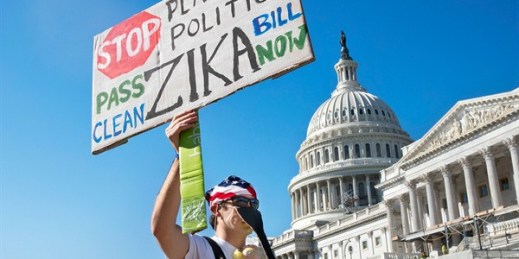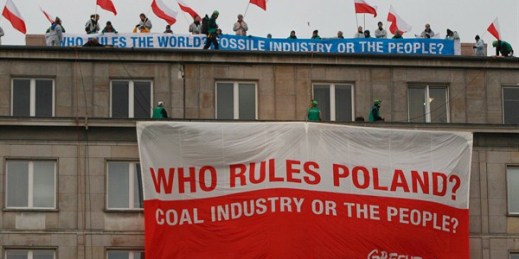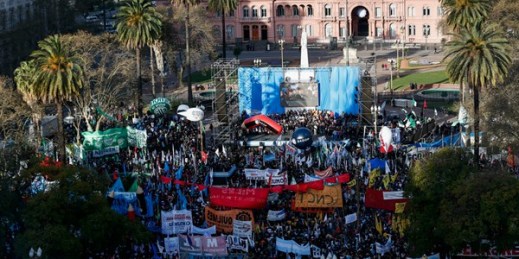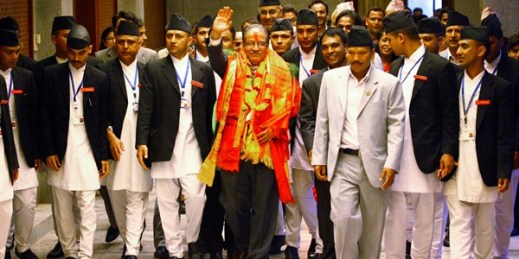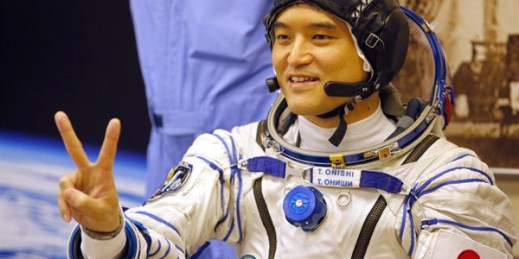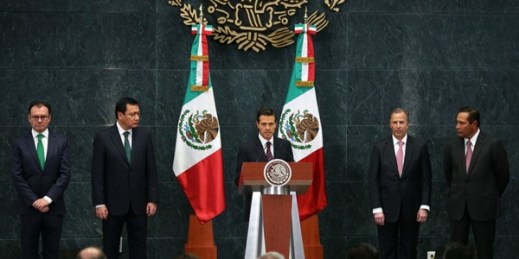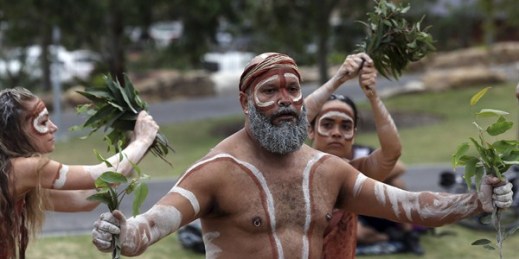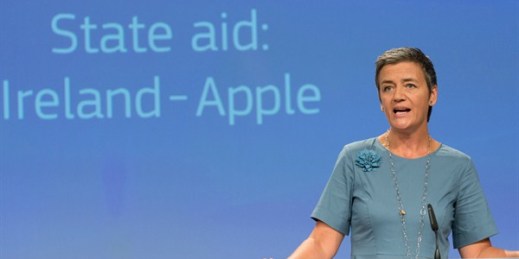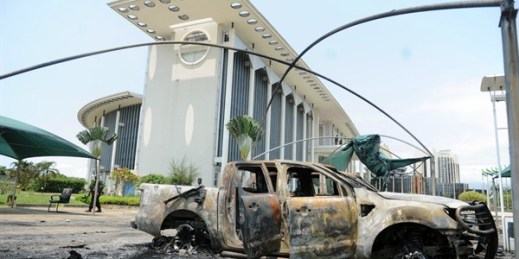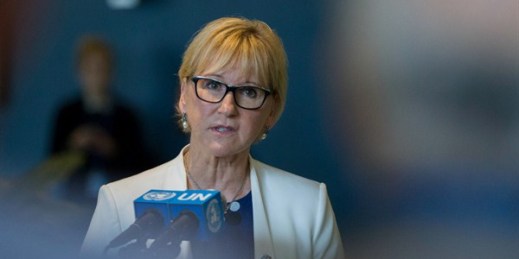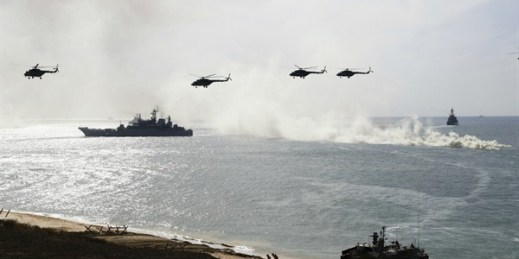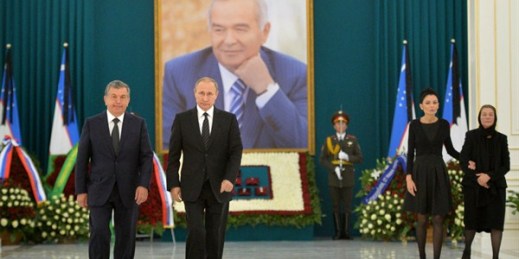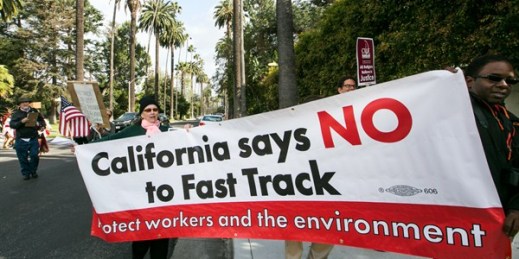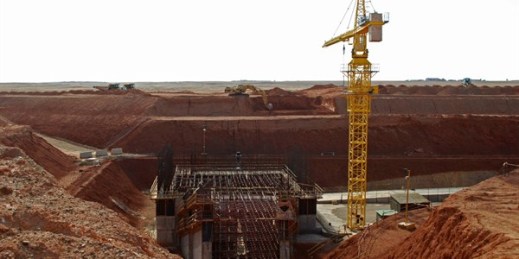
Over the past few years, Mongolia’s once vibrant and high-growth economy, buoyed by mineral riches, has languished to the point that there are some legitimate concerns that the country is on its way to bankruptcy. The Mongolian currency, the tugrik, has plunged nearly 15 percent since the beginning of this year against the U.S. dollar. Foreign direct investment, once bountiful and rapidly growing, has completely evaporated. The economy is contracting; unemployment is spiking; and deflationary trends are continuing. Combined, that makes for a cocktail of trouble for the new government in Ulaanbaatar that has been in office since elections in […]

